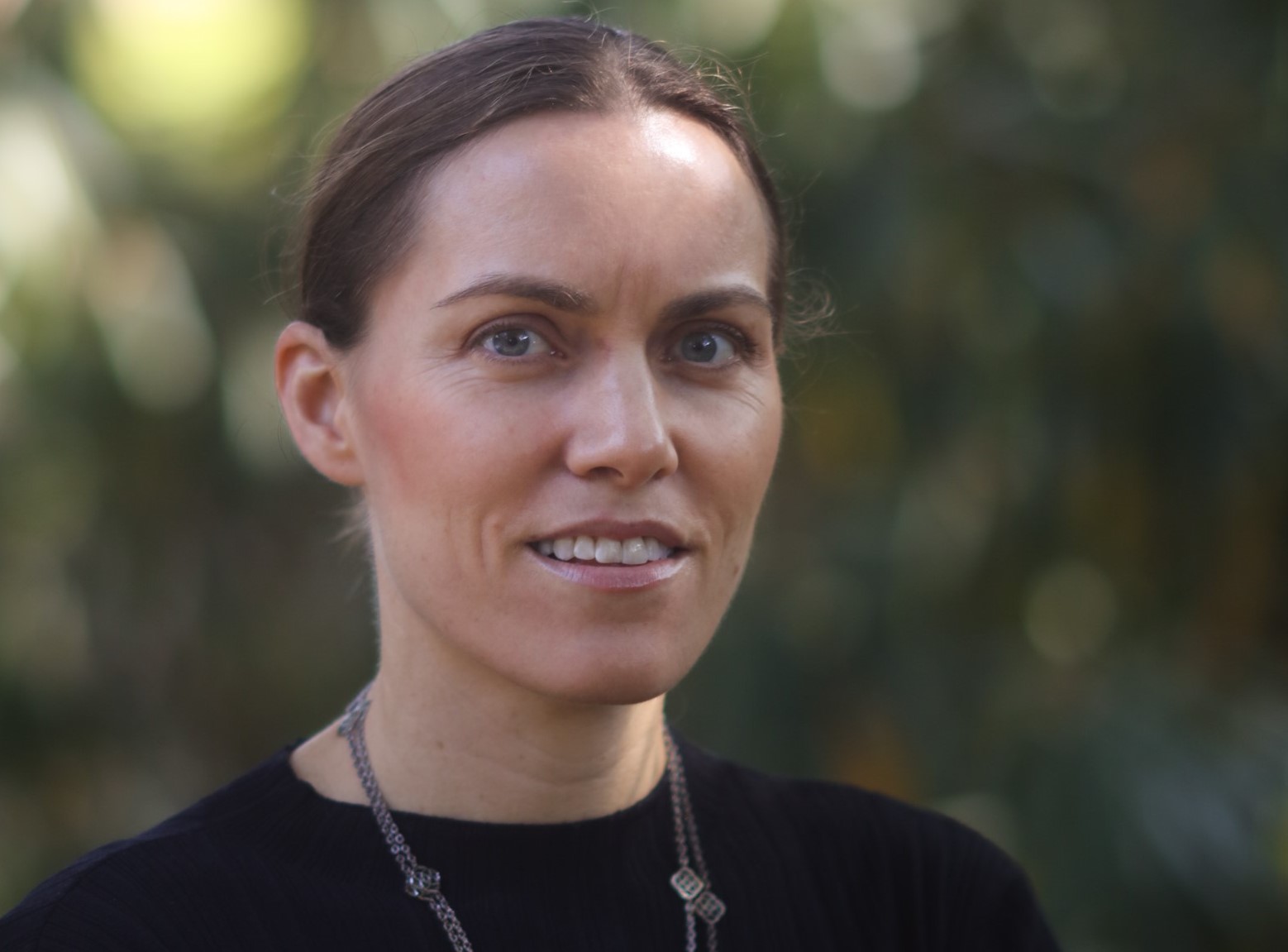How Emily Oster’s COVID-19 School Data Hub Can Help K-12
The COVID-19 School Data Hub has been launched by a team headed by Brown University economics professor Emily Oster to help answer questions about the pandemic’s impact on learning loss

Tools and ideas to transform education. Sign up below.
You are now subscribed
Your newsletter sign-up was successful
Emily Oster, an economics professor at Brown University and author of books on pregnancy and parenting, and her team, have launched the COVID-19 School Data Hub.
The website serves as a central database for educators, researchers, and policymakers looking to study and understand how the pandemic shaped students’ modes of learning in the 2020-21 school year and what the implications of that are going forward. It includes data from 31 states and more than 56,000 schools.
In a recent Q&A with Tech & Learning, Oster said she hopes it will bring K-12 educators and researchers together to answer pressing questions with actionable data.
Q: What inspired you to start the COVID-19 School Data Hub?
A: The school data hub project is an offshoot of the project we did last year, which was more specifically tracking COVID rates in schools. When we came to the end of last year, we were not planning to continue that project, but looking back over the school year, we realized that there was so much variation in opening and in what kind of access kids had to in-person school, and it was becoming increasingly clear that it might matter for a lot of outcomes, and that there wasn't a sort of systematic way to retain that data over time. And so, this is really an effort to do that in the service of our own research but, hopefully, also research and policy that others will do.
Q: Any advice for how people can use and learn from the data hub?
A: From the standpoint of individuals and policymakers, if you're interested in the broad picture of what was happening, there's a lot of ways to be interactive at either the overall national level or at the state level, just with maps and seeing how things move over time. Increasingly, we'll have research by us and others that will be available in the hub, so that people can start asking some questions. I hope people will tell us, “Hey, this is a question I want the answer to,” and maybe we can try to answer it.
Tools and ideas to transform education. Sign up below.
Q: What about those researching K-12?
A: We built this all to be accessible to researchers. So the idea was to not just put up those maps, but say, “Here's the raw data. We cleaned it, so you can start using it right now.” So basically, if you have some outcome, be it parental employment, student mental health, something about test scores, sports participation, whatever it is, and you're interested in how that relates to schooling mode, you can go in and download the data. It'll be clean, it'll be in a usable format, it'll be coded up at an easy level, you can merge it right in, and you can start doing stuff right away. There's going to be an interest in being responsive and figuring out what kind of losses have we seen -- how are we going to fix them? Having the ability to do that quickly, without every individual researcher needing to privately deal with each individual state and inputting all the data on their own, that's the goal.
Q: Looking at the data over the past year, what are some of the big themes that have emerged?
A: One big theme is who has this data, which is a slightly weird theme, but actually realizing the variation across jurisdictions and states in particular in how accessible this data is, is important. There are states where they know every week for every school how many kids are in each learning mode, and they can kind of get that for you in a spreadsheet. Then there are states where they actually have no idea what mode the district was in at all last year, like just nothing. They couldn't tell you anything about it. I mean, they could call the district, but nothing in terms of systematic data. Part of why that matters is highlighted by the pandemic, if you want to be able to affect policy at the district level, or say, ‘“We should all do the same mitigation,” or, “We should all do this kind of thing.”
The other big thing is just geographic variation and demographic variation. There is a huge amount of variation across the U.S. in how much access people had to in-person schooling, with some areas having really quite a lot pretty consistently over the year and some areas having very low or none. Students of color and lower-income students are much less likely to have had access to in-person schooling, which we know, but it gets reinforced by the data.
Q: What are some of the questions you and your team are looking at in relation to the pandemic and school?
A: There are these learning loss questions, and there are these physical health questions. Our team is very interested in how we can think about what we're doing to fix those problems. It's one thing to kind of recognize that there are losses, but then a secondary piece of that is, ‘Well, now everybody's got a bunch of recovery money, so what are you going to do with it?’
This data hub, I think of as a kind of clearing house and an opportunity to pull in some information about that and just start to think about are there things that districts are doing or schools are doing that are particularly good for recovery. And that's gonna matter, of course, because while the current learning losses are unusual in their size, and the cause is somewhat unique, the fact that some kids are behind in learning is not unique to the pandemic. And so if we have the opportunity to learn about what kind of tutoring is most effective, for example, that feels like something that has implications beyond this particular moment.”
Q: Anything else you’d like to add?
A: I hope people are aware of this, and that they can use it to get a sense of what was going on broadly in their state and across the country. The call to action I would have is this is going to draw in a lot of people who are interested in answering questions that are of interest to schools. I think that the data hub is a coordination mechanism, as much as it is a data mechanism. And so there's an opportunity here for schools to have a reach into some research teams and say, “Hey these are the things we're really interested in answering.”
Erik Ofgang is a Tech & Learning contributor. A journalist, author and educator, his work has appeared in The New York Times, the Washington Post, the Smithsonian, The Atlantic, and Associated Press. He currently teaches at Western Connecticut State University’s MFA program. While a staff writer at Connecticut Magazine he won a Society of Professional Journalism Award for his education reporting. He is interested in how humans learn and how technology can make that more effective.

